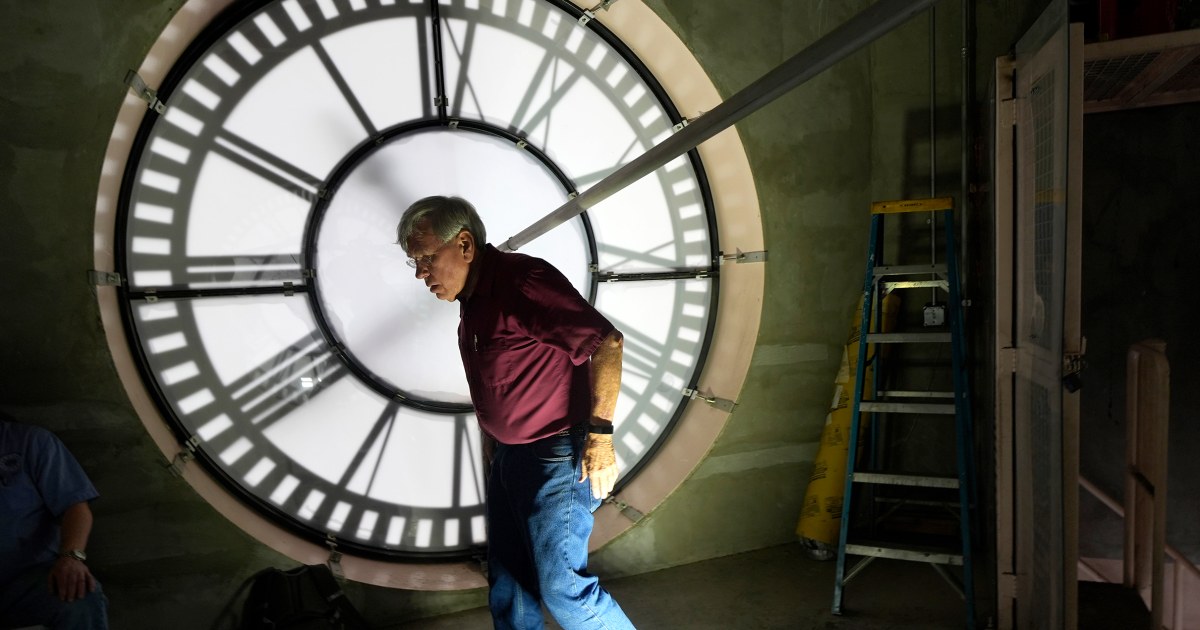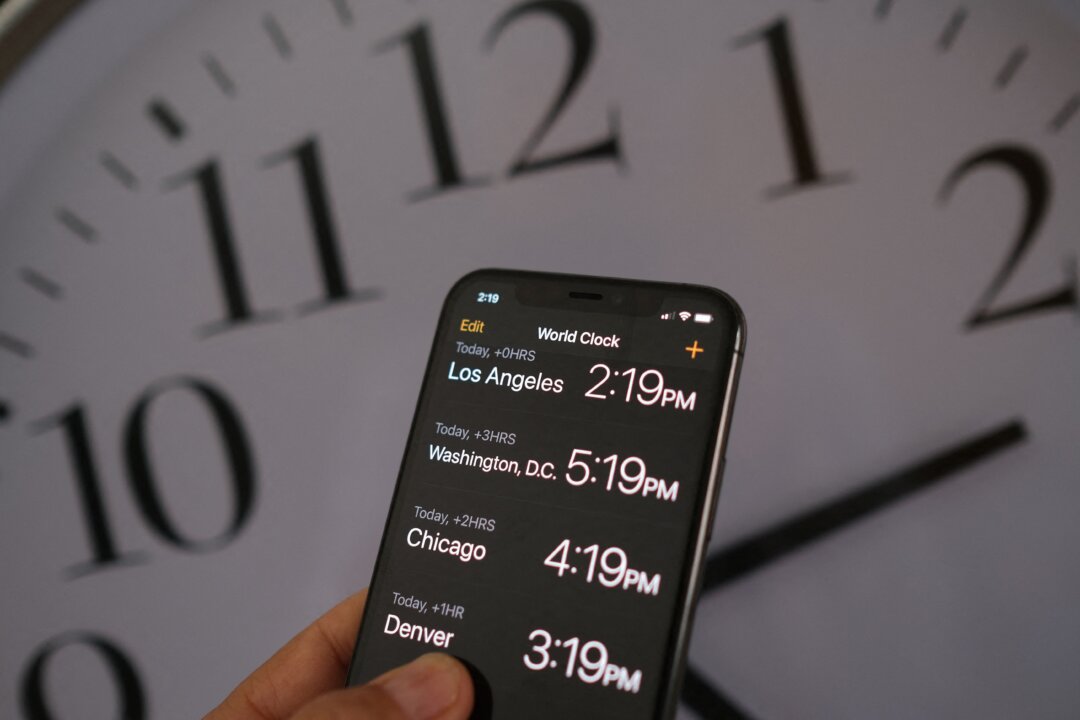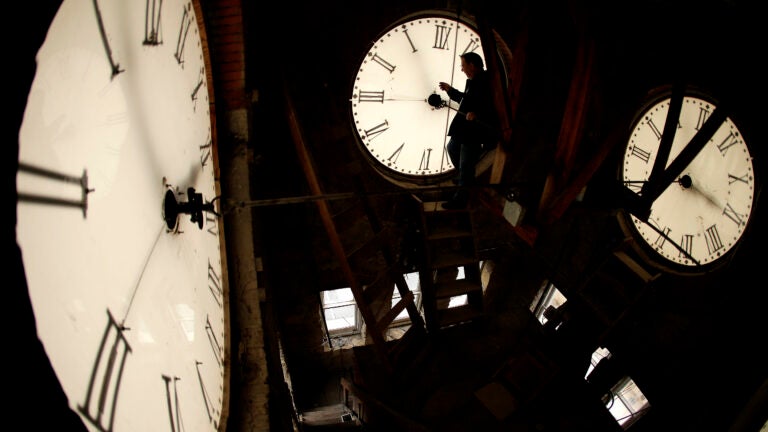Daylight Saving Time Returns: History, Debate, and Health Implications
Americans will set their clocks forward this weekend, losing an hour of sleep but gaining longer evenings as daylight saving time begins again.
Subscribe to unlock this story
We really don't like cutting you off, but you've reached your monthly limit. At just $3/month or $30/year, subscriptions are how we keep this project going. Start your free 7-day trial today!
Get Started
Daylight saving time will start Sunday and last until Nov. 2.
Daylight saving time starts Sunday. What to know about 'springing forward.'
 NBC News·1M·ReliableThis source consistently reports facts with minimal bias, demonstrating high-quality journalism and accuracy.CenterThis outlet is balanced or reflects centrist views.
NBC News·1M·ReliableThis source consistently reports facts with minimal bias, demonstrating high-quality journalism and accuracy.CenterThis outlet is balanced or reflects centrist views.
The view among businesses is mixed.
It’s Time to ‘Spring Forward’—What to Know About the Debate Around Daylight Savings
 Epoch Times·1M·Mixed ReliableThis source has a mixed track record—sometimes accurate but also prone to bias, sensationalism, or incomplete reporting.RightThis outlet favors right-wing views.
Epoch Times·1M·Mixed ReliableThis source has a mixed track record—sometimes accurate but also prone to bias, sensationalism, or incomplete reporting.RightThis outlet favors right-wing views.
Changing the clocks twice a year leads to a lot of grumbling, and pushes to either use standard time all year, or stick to daylight saving time all year often crop up.
Why are clocks set forward in the spring? Thank wars, confusion and a hunger for sunlight.
 Boston Globe·1M·ReliableThis source consistently reports facts with minimal bias, demonstrating high-quality journalism and accuracy.Leans LeftThis outlet slightly leans left.
Boston Globe·1M·ReliableThis source consistently reports facts with minimal bias, demonstrating high-quality journalism and accuracy.Leans LeftThis outlet slightly leans left.
Summary
Daylight saving time begins this weekend, marking a shift that has historical roots in energy conservation during wartime. While the U.S. standardizes the clock change, states like Hawaii and Arizona opt out. Experts discuss the health implications, finding that clock changes can lead to increased accidents and health risks like heart attacks. Current debates focus on the potential for permanent adoption of daylight saving time, a measure considered by lawmakers but yet unpassed, raising various health, business, and social implications around the twice-yearly clock adjustments.
Perspectives
Daylight Saving Time (DST) was established in the U.S. to extend daylight hours during summer months and has roots dating back to World War I.
The debate around DST involves balancing the benefits of longer evenings for activities with the practical implications of changing clocks, leading to health and safety concerns.
Current legislative efforts aim to potentially abolish the clock changes, favoring a permanent DST or standard time, though public opinion and expert views are divided.